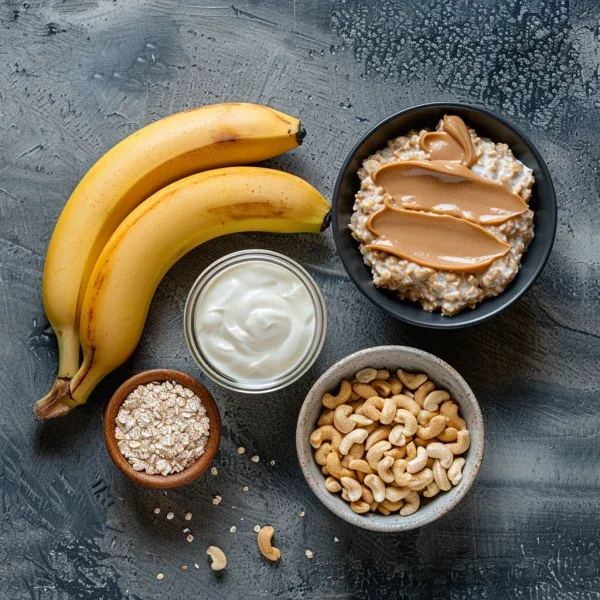by Nadia Sinclair

Your fitness journey is just as much about what you eat as how you move. Mindful selection of pre-workout meals can play an instrumental role in enhancing your performance, fueling your body, and aiding in recovery. Remember, creating a supportive, healthy diet is a marathon, not a sprint.
Physical activity breaks down muscle tissue, depletes glycogen, and drains you of various nutrients depending on the intensity of your workout. Therefore, pre-workout meals need to sufficiently hydrate, preserve muscle, and hasten recovery. On top of this, they should provide steady energy to ensure your workouts are as effective as possible.
Exercise Type and Diet: A Tailored Approach
Identifying the optimal pre-workout meal isn’t a ‘one-size-fits-all’ scenario. Factors such as the type, intensity, and duration of exercise, your last meal, and your general dietary habits all play a role in determining what your body needs before you hit the gym or go for a run.
Importantly, this food needs to be digested efficiently before your workout begins. If you ate two to three hours prior to exercising, an additional pre-workout meal may be unnecessary. Bear in mind, however, that some individuals experience digestive issues if they eat too close to their workout.
For those engaged in prolonged or multiple training sessions per day, appropriate pre-workout and post-workout meals become paramount. Here, timing, as well as the quality of nutrients, can make a significant impact on performance and recovery. Furthermore, specific nutrients may also be beneficial for those aiming to build muscle or needing an energy boost.
The Power of Protein and Carbohydrates
If three hours or more have passed since your last protein intake, including protein in your pre-workout snack might be a wise move. Consuming a protein-rich snack before working out can enhance muscle protein synthesis, reduce breakdown rates and thus, protect lean muscle mass.
Incorporating carbohydrates into your pre-workout meal plan can also greatly benefit your performance. These nutrients provide a quick energy source that’s particularly useful for high-intensity exercises, lifting sessions, and endurance activities. Consuming carbs before such workouts can maintain stable energy levels and better preserve the glycogen stored within your muscles.
Dishing out your carbs should depend on when you eat and what type of workout awaits. Quick-releasing carbs you might consider include fruit juice, energy gels, honey, and dried fruits. For more sustained energy, slower, fibre-rich carbs such as oats, potatoes, wholegrain crackers, and brown rice can be more beneficial.
To Eat or Not to Eat Fat Before Exercising?
While fat does provide a useful energy source, the majority of fat burned during workouts comes from our stored reserves rather than from a pre-workout meal. Additionally, due to the time required to digest, an excess of fat before a workout may trigger feelings of nausea.
However, there are situations where fat intake can be beneficial. Notably, endurance athletes training in a ketogenic state can improve their performance by consuming supplements containing medium-chain triglycerides – unique fats that are absorbed from the digestive tract faster than other fats.
Beyond these principles, specifics will often depend on your choice of exercise. Experiment, listen to your body, and find what works best for you. When it comes to nutrition, patience and perseverance are just as relevant as they are to your fitness journey itself.
Pre-workout meals, muscle breakdown, protein in diet, quick-releasing carbs, endurance exercise, ketogenic state
Leave a Reply